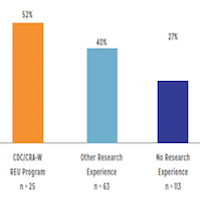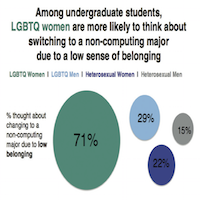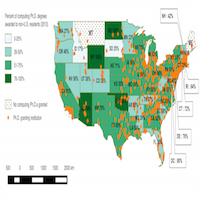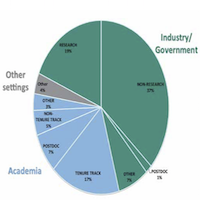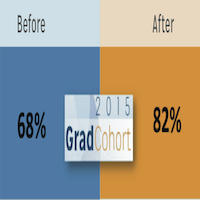
Mentoring the Whole STEM Person: Advancing LGBTQ+ students and professionals
January is National Mentoring Month, a great time to learn how mentoring can help support students and professionals in computing research, and in Science, Technology, Engineering, and Mathematics (STEM) more generally. Mentoring is especially important for individuals in STEM from underrepresented groups in promoting persistence and success in education and professional settings. Effective mentoring programs help mentors and mentees consider various attributes of their identities and experience, like race, ethnicity, socio-economic status, and educational background, which may influence their persistence and success. Although effective programs aim to support the whole person, gender identity and expression and sexuality orientation are often overlooked.


